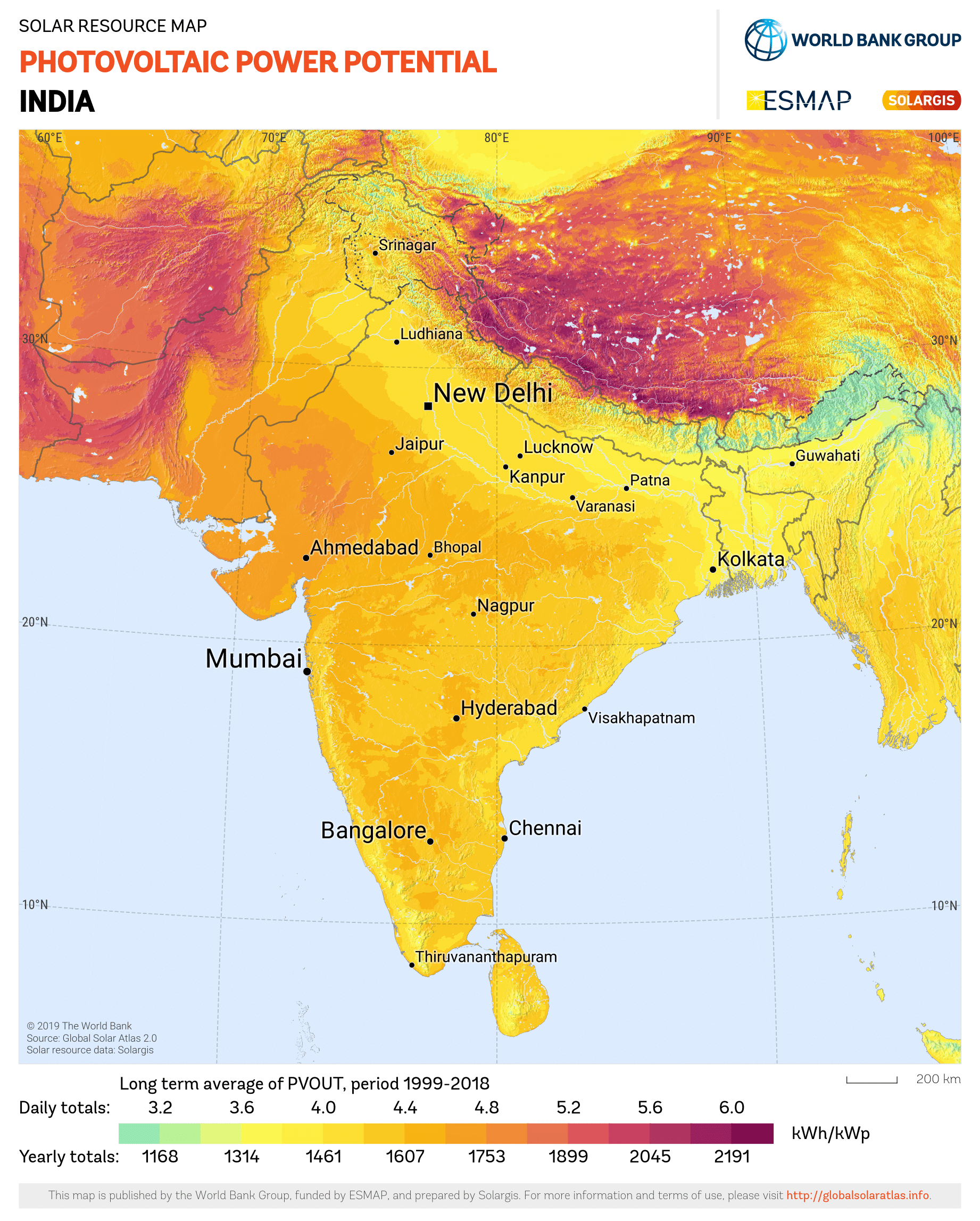 BBC News
BBC NewsBorrowing was £17.4bn last month, the second highest October figure since monthly records began in 1993.

Dinesh Dhamija
To coincide with the centenary of its independence from Britain in 2047, India’s leadership has announced a new ambition: energy independence.
The ruling BJP – widely expected to win the current general election – pledged that independence will be achieved “through a mix of electric mobility, network of charging stations, renewable energy production and improving energy efficiency,” while reducing petroleum imports.
This ambitious target builds on the drive towards renewable energy generation that Prime Minister Narendra Modi established from the earliest days of his administration, starting in 2013 (and even before, when he was Chief Minister of Gujarat).
As I outline in my book The Indian Century, Modi’s embrace of solar energy has been transformative for India, harnessing a source of power that the country has in greater abundance than almost anywhere else on earth. Here’s a brief excerpt:
“Added together, the total solar energy which pours down upon India from its annual 300 cloudless sunny days is 5,000 trillion (5 quadrillion) kWh, or around 7 kWh per square meter per day. Capturing just a tiny fraction of this solar energy could meet all of India’s energy needs. In fact, a year’s worth of Indian sun would produce more energy than the country’s entire fossil fuel reserves.”
To bring this potential energy boon to fruition will take years of infrastructure development, investing in a nationwide smart grid, support for the transition to EV manufacturing and a national charger network, further subsidies for rooftop solar systems (such as the scheme launched in February this year) and encouragement for the large-scale wind farms, solar parks and ‘Green Energy Corridor project’ that are already in development. The BJP has also promised to invest in green hydrogen production, which as a green hydrogen businessman is music to my ears.
Politically, energy independence is a smart move. A resurgent India will have more credibility on the global stage if it is not in hock to Russia for discounted fuel when many other nations are boycotting the country.
Environmentally, it makes complete sense to decarbonize wherever possible, allowing the government to demonstrate to its own people that climate change and clean air is a priority. Extreme heat and pollution are already threatening to make parts of India uninhabitable.
The benefits of renewable power will become ever more obvious, as economies of scale, technologies advance and infrastructure connections improve. The BJP has promised that 10 million Indian households will receive up to 300 units of free electricity per month, under a new solar scheme, to improve the standard of living for the country’s poorest. If India can deliver independence from poverty for its people by 2047, that would be an even greater achievement.
Dinesh Dhamija founded, built and sold online travel agency ebookers.com, before serving as a Member of the European Parliament. Since then, he has created the largest solar PV and hydrogen businesses in Romania. Dinesh’s latest book is The Indian Century – buy it from Amazon at https://www.amazon.co.uk/dp/1738441407/